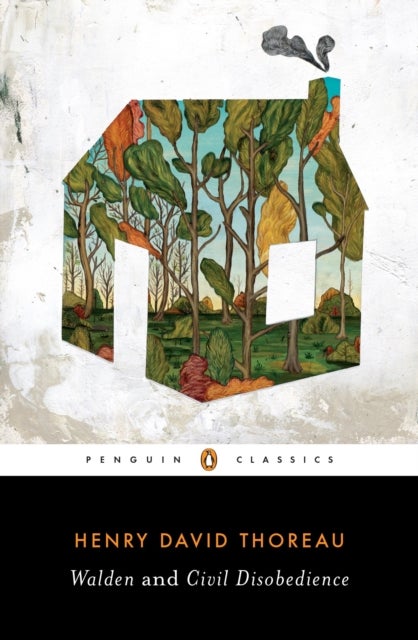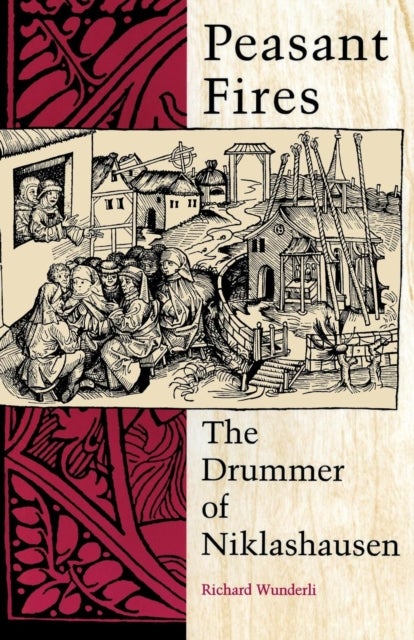
Walden and Civil Disobedience av Henry Thoreau
169,-
Disdainful of America¿s booming commercialism and industrialism, Henry David Thoreau left Concord, Massachusetts, in 1845 to live in solitude in the woods near Walden Pond. <i>Walden</i>, the account of his stay, conveys at once a naturalist¿s wonder at the commonplace and a Transcendentalist¿s yearning for spiritual truth and self-reliance. But even as Thoreau disentangled himself from worldly matters, his musings were often disturbed by his social conscience. <i>Civil Disobedience</i>, also included in this volume, expresses his antislavery and antiwar sentiments, and has influenced non-violent resistance movements worldwide. Both give a rewarding insight into a free-minded, principled and idiosyncratic man.








